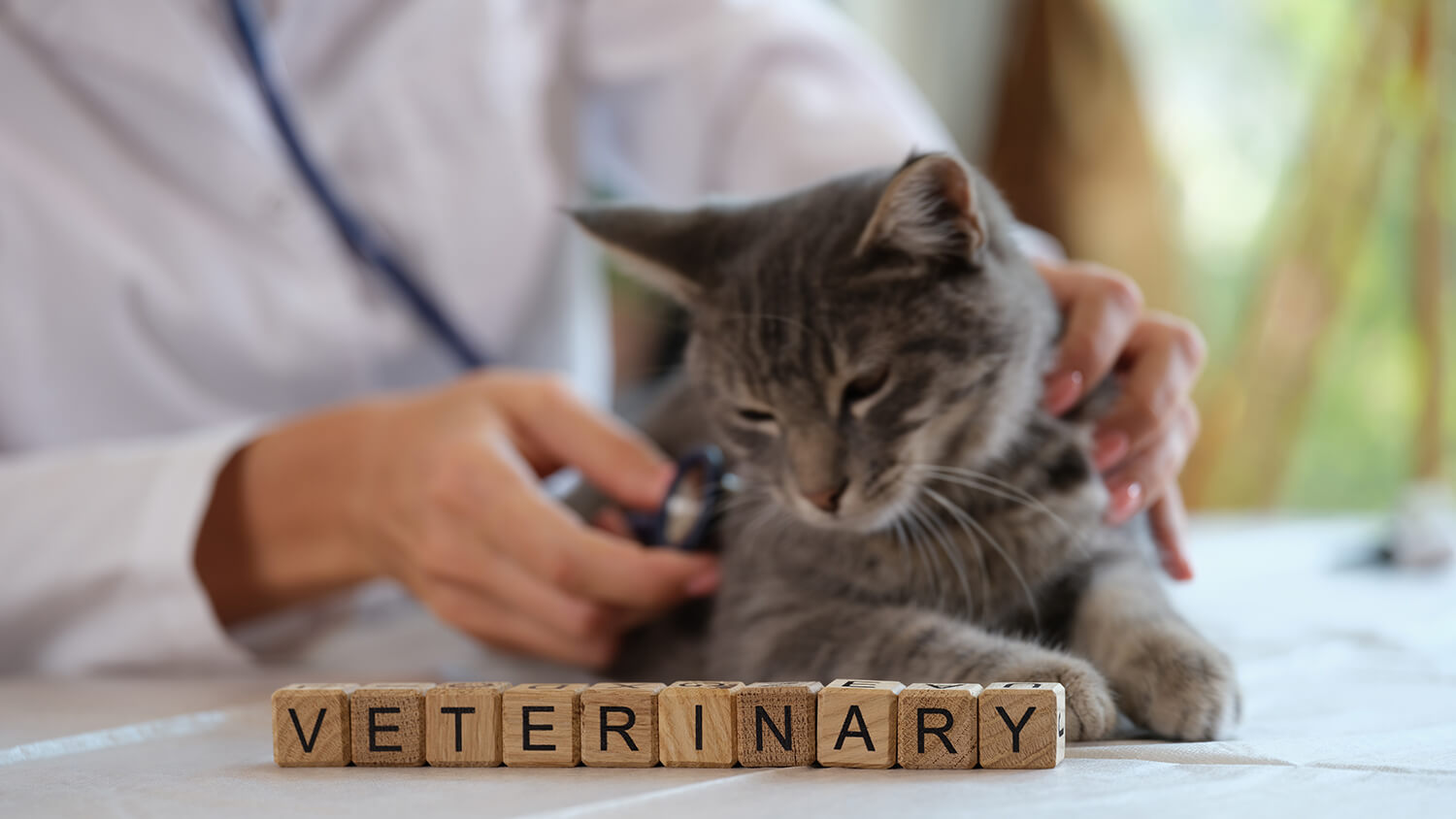
- by Dr.Thilo Senst
The Role of Diet in Maintaining Cat Gut Health
- by Dr.Thilo Senst
Ever wondered why your cat glares at you after every meal, as if critiquing your culinary skills? It might not just be their inner diva—it could be about their gut health! Maintaining cat gut health is as vital as ensuring they have enough cardboard boxes to sit in (because heaven forbid they sit on the actual cat bed).
Today, we’re diving into the world of cat digestion. It’s time to learn how to keep your feline’s tummy happy, your carpets safe, and your vet bills low—all while having a laugh.
Cat gut health refers to the balance of microorganisms living in your cat’s digestive tract. These friendly bacteria and microbes are like the backstage crew at a theatre—completely invisible but absolutely essential for the show to go on.
You can’t just toss in any old beans (or kibble) and expect smooth results. Without the right care and ingredients, you’ll end up with a mess.
A good diet is like a spa day for your cat’s gut—it soothes, balances, and keeps things running smoothly. But what exactly should you be feeding them?
Cats are obligate carnivores. Translation: they’d rather starve than eat your kale salad. Look for foods rich in animal protein to support their gut bacteria.
Fibre helps regulate digestion. It’s the unsung hero of gut health, ensuring everything flows like a well-organised queue at a British post office.
Probiotics are the good bacteria your cat’s gut needs to thrive. Think of them as tiny cheerleaders for digestion.
Dry food might be convenient, but your cat also needs moisture. Adding wet food or ensuring they drink plenty of water can make all the difference.
A fibre-rich diet can help move those pesky hair clumps along the digestive tract, preventing them from reappearing on your rug.
Probiotics and easily digestible foods can soothe your cat’s tummy and firm up those stools.
Add some moisture and fibre to their diet—because no one, not even your cat, enjoys being backed up.
Special diets with limited ingredients can help reduce inflammation in the gut.
You have to be picky, pay attention to what works, and sometimes, trial and error is the only way forward.
Q: Can human probiotics work for cats?
A: No. Human probiotics aren’t designed for cats and could upset their stomachs. Stick to feline-specific options.
Q: How do I know if my cat needs probiotics?
A: If your cat has frequent digestive issues like diarrhoea or constipation, probiotics could help balance their gut.
Q: Are raw diets good for cat gut health?
A: Raw diets can be beneficial but should be carefully planned to avoid nutritional imbalances or bacterial contamination.
Keeping your cat’s gut healthy doesn’t have to be complicated. With the right diet, regular vet check-ups, and perhaps a sprinkling of probiotics, your feline friend will be strutting their stuff with confidence (and fewer messes).
![]()
Enter your details & download our comprehensive 50+ page printable Dr. Senst Pet Care Planner completley FREE! - keep track of all your pet’s needs, from medical history and training to vet visits, grooming, diet, and more!










Share:
Feline Cataracts: Symptoms, Causes, and Management
How to Treat Dog Flea Bites That Won’t Heal